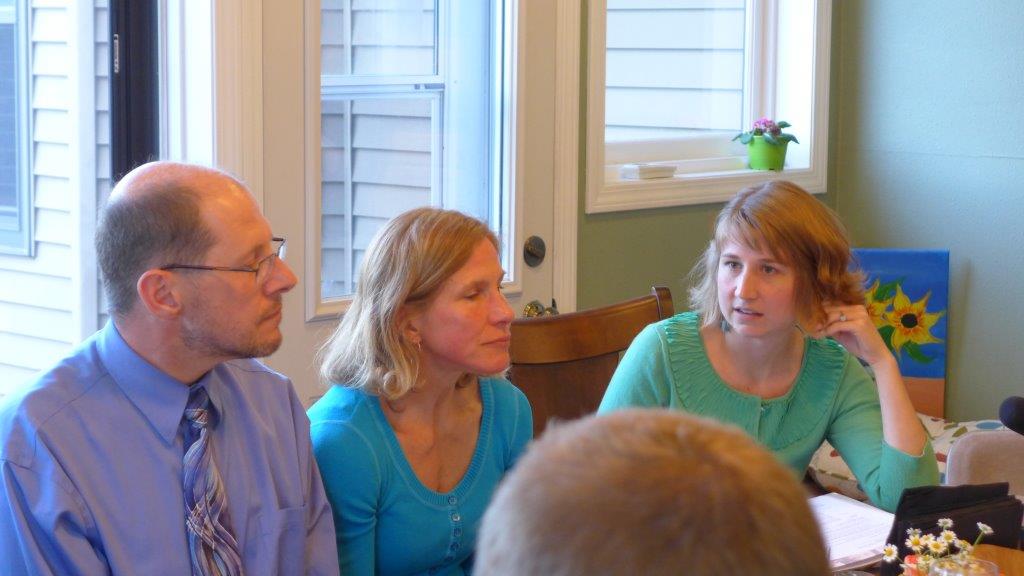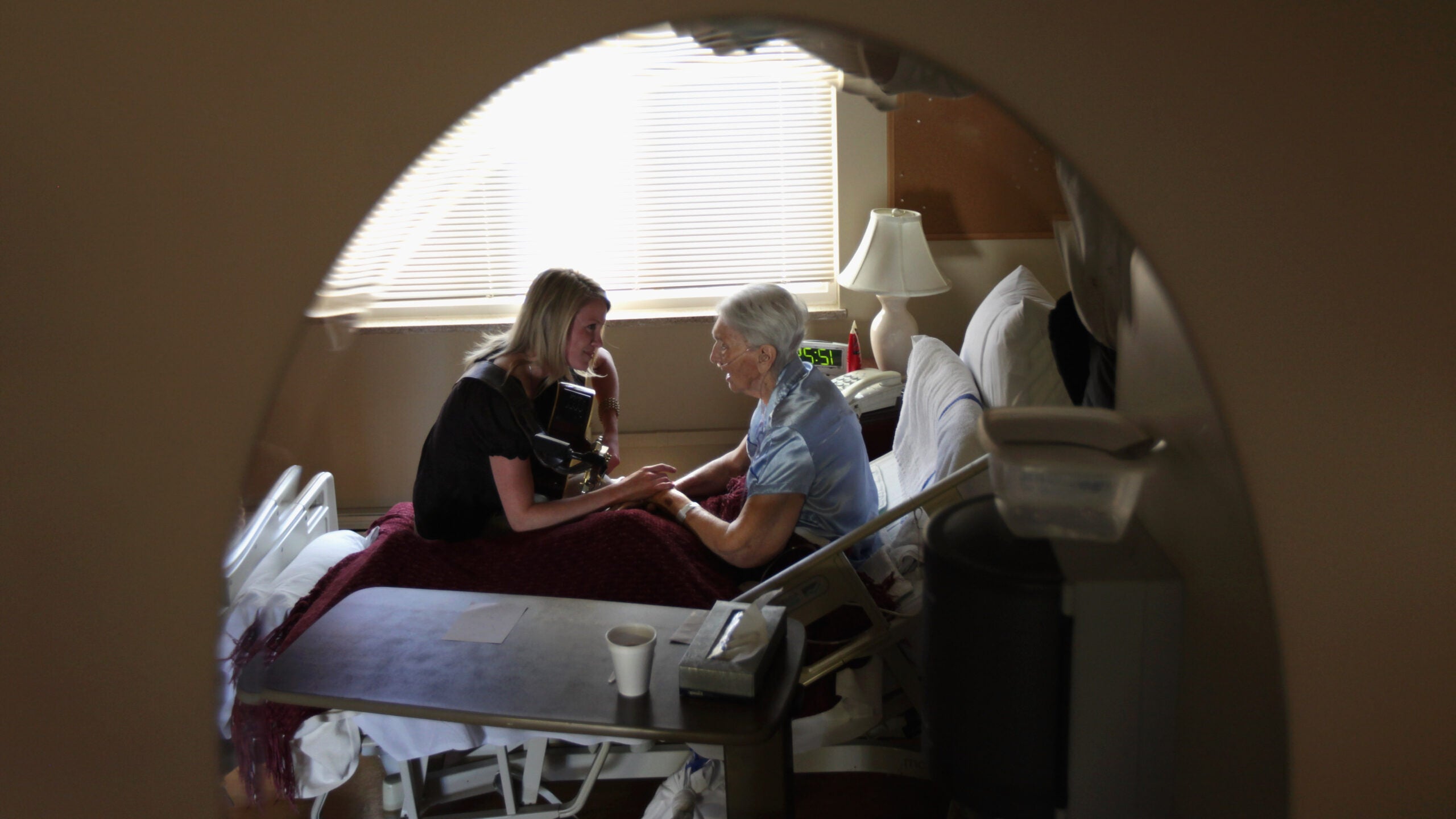Health care advocates say two changes have the potential to alter the landscape for people’s end-of-life planning: One has to do with how physicians are compensated, while the other has to do with how people talk about plans for their own death.
Right now, health care providers aren’t paid to talk to patients about what kind of care they want at the end of their lives.
John Maycroft, of the Wisconsin Medical Society, said that has to change.
Stay informed on the latest news
Sign up for WPR’s email newsletter.
“These are personal conversations that take time,” Maycroft said. “They are generally not reimbursed by Medicare or insurers. And so, health care organizations are taking it upon themselves to do it without compensation.”
Medicare officials also want to change that. They’re proposing paying doctors to talk about advance care planning during annual wellness visits. That practice could potentially become widespread. Private insurers often follow standards set by the federal program.
But, that’s one development that could result in more planning.
Programs Seek To Help People Talk About End-Of Life Care With Loved Ones
The other potential game-changer is how to people can go about discussing end-of-life care and decision with loved ones. Traditional approaches, just getting people to fill out forms, have generally failed. Doctors might not know about the documents and few have them.
In addition, advance directives might have very specific care instructions, for instance whether to use a feeding tubes or ventilator. Living or dying is often more complex than that.
Dr. James Milford, medical director at Rainbow Hospice in Jefferson, said the discussion with families can be time consuming.
“So, it’s not usually a decision about intubating or not intubating,” Milford said. “Or a G-Tube or not a G-Tube. It’s ‘Dad has pneumonia, he has dementia. Do we want to treat this?’ Well, you don’t spell that out in a living will.”
Only about one-quarter of Americans have completed advance directives. That rate is higher with older Americans — around 60 percent — according to “Dying in America,” a report by the Institute of Medicine.
There are some areas where these numbers are significantly higher. La Crosse is one of them. After three decades of fostering end-of-life conversations through a program called Respecting Choices, nearly all residents have documented how they want to die, according to a study published in the Journal of American Geriatrics Society. Among those who died, the care that they wanted was the care they received.
Sometimes that saves money. End-of-life medical costs in La Crosse are far below the national average.
Advance care planning is slowly spreading statewide through a program called Honoring Choices. It’s an initiative of the Wisconsin Medical Society. Much of the outreach is done in health care settings, but there are also informal gatherings.
Over a lengthy dinner, spearheaded by Dr. James Milford, friends and family are gently guided in a discussion about end of life issues. Those at the table range in age from young to middle-aged. One topic is designating a health care agent if people are unable to communicate. Milford said the whole idea with Honoring Choices is to have people plan to live or die as they want when time is running out.
“We don’t look at a patient and say, ‘Oh, you shouldn’t do this,’” he said. “We look at a patient and say, ‘We want to honor what you want us to do for you.’ Right? And it may be everything done.”
But people might not get what they want, Milford said, if they don’t talk about it with family, friends and physicians.
Wisconsin Public Radio, © Copyright 2024, Board of Regents of the University of Wisconsin System and Wisconsin Educational Communications Board.




